Substantive concepts
Substantive concepts are those concerned with the subject matter of history – the substance about which students are learning. Some materials in this section focus on the teaching of highly specific contextualised terms and others explore more general strategies for building and reinforcing knowledge of recurring concepts over time. Read more
Sort by:
Date (Newest first) | Title A-Z
Show:
All |
Articles |
Podcasts |
Multipage Articles
-
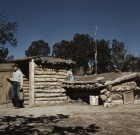
'Picture This': A simple technique to teach complex concepts
ArticleClick to view -

A modest proposal for change in Canadian history education
ArticleClick to view -

Building and assessing historical knowledge on three scales
ArticleClick to view -
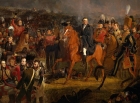
Cunning Plan 158: teaching about the history of the UK Parliament
ArticleClick to view -

Cunning Plan 166: developing an enquiry on the First Crusade
ArticleClick to view -

Deepening Year 9’s knowledge for better causation arguments
ArticleClick to view -

Developing conceptual understanding through talk mapping
ArticleClick to view -

Developing sixth-form students' thinking about historical interpretation
ArticleClick to view -

Developing students' thinking about change and continuity
ArticleClick to view -

Film Series: Active Learning & History
Multipage ArticleClick to view -
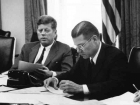
Finding the place of substantive knowledge in history
ArticleClick to view -

Helping students put shape on the past; systematic use of analogies to accelerate understanding
ArticleClick to view -

Historical learning using concept cartoons
ArticleClick to view -

How my interest in what I don't teach has informed my teaching and enriched my students' learning
ArticleClick to view -
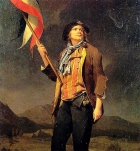
Knowledge and the Draft NC
ArticleClick to view -
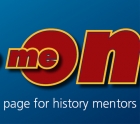
Move Me On 157: Getting knowledge across
ArticleClick to view -

Move Me On 167: Frames of reference
ArticleClick to view -

Move Me On 198: trainee finds it difficult to explain substantive concepts effectively
ArticleClick to view -

New, Novice or Nervous? 161: Teaching substantive concepts
ArticleClick to view -

New, Novice or Nervous? 167: Confidence with substantive knowledge
ArticleClick to view

